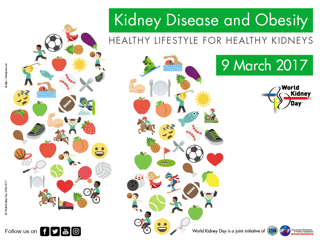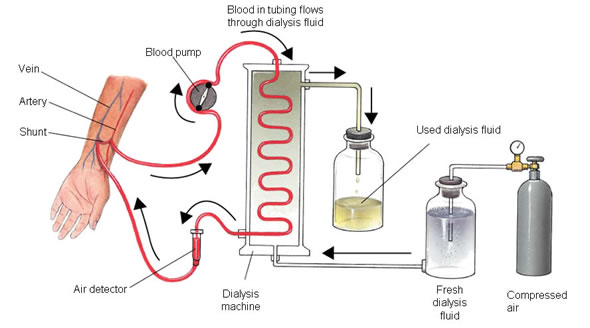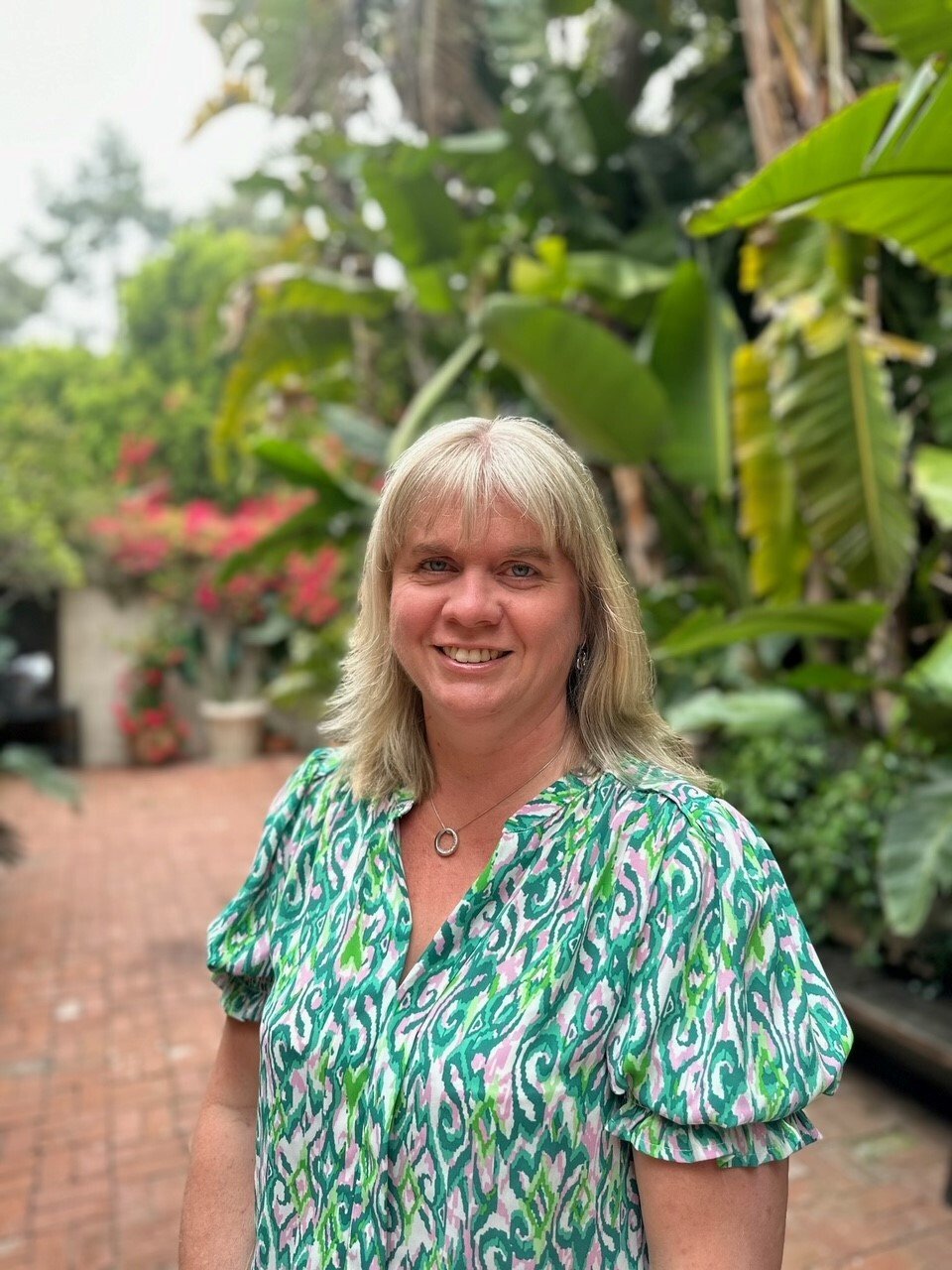- Privacy Policy
- Terms & Conditions
- Contact us
- ©Isabel Healthcare 2025
What do my kidneys do? | World Kidney Day 2017
 The month of March brings us World Kidney Day, where countries around the world raise awareness for kidney disease, including the risks, treatments, and symptoms. This year, the focus is on obesity which is one of the biggest risk factors for kidney disease. Obesity causes huge strain on all your internal organs and functions, and the kidneys are one of the most commonly affected organs in obese people. A lot of people don’t realise the work our kidneys do, and how important it is for them to function efficiently. We’ve written a post explaining how our kidneys work, why they exist, and how everything can change if you don’t look after your kidneys and your body as a whole.
The month of March brings us World Kidney Day, where countries around the world raise awareness for kidney disease, including the risks, treatments, and symptoms. This year, the focus is on obesity which is one of the biggest risk factors for kidney disease. Obesity causes huge strain on all your internal organs and functions, and the kidneys are one of the most commonly affected organs in obese people. A lot of people don’t realise the work our kidneys do, and how important it is for them to function efficiently. We’ve written a post explaining how our kidneys work, why they exist, and how everything can change if you don’t look after your kidneys and your body as a whole.
What do kidneys do?
Your kidneys are there to help remove toxins and waste from your system, ensuring the fluids around your body are balanced and you have the right amount of chemicals like sodium and potassium to enable cells to function properly. Think of your kidneys as a giant filter for all the blood in your body, removing all the useless fluids through millions of tiny filters called ‘nephrons.’ A healthy set of kidneys will have blood passing through them several times a day, and any waste collected is known as urine and sent to your bladder for you to excrete.
What is Chronic Kidney Disease (CKD)?
The terms kidney disease, renal failure, nephropathy and nephritis all mean essentially the same thing, although some terms denote specific types of kidney damage or failure. For example, nephrotic syndrome specifically references an unhealthy amount of protein in the urine, causing the body to not have enough proteins. The different terms, however, are often interchanged with each other and it is most commonly accepted that any of these terms mean the same thing.
Chronic Kidney Disease, therefore, means partial or complete damage or failure of the kidneys, over a prolonged period of time. There are millions of ‘nephrons’ in our kidneys, and these individual units can fail, causing surrounding nephrons to take the strain. Over time, more and more nephrons begin to fail under the pressure of a heavier workload, and the disease accelerates until the only nephrons left are unable to cope with filtering the blood.
Symptoms of CKD
Early chronic kidney disease has no signs or symptoms, making it very hard to catch the condition early. Urine and blood tests, however, can pick up early signs of CKD, so it is important to get regular check ups if you are in a high risk group (see below). As the condition progresses, symptoms can include:
- weight loss and poor appetite
- oedema - swollen ankles, feet or hands, due to water retention
- shortness of breath
- tiredness
- blood in your urine, or any change to your urine
- an increased need to pee – particularly at night
Treatment of CKD
If caught early, treatment for CKD is relatively straight forward, and mainly consists of lifestyle changes. Helping to ease the strain of remaining nephrons can halt the onset of advanced CKD, so measures such as cutting down on or cutting out alcohol, salt and smoking, can ensure your blood requires less filtering. Exercise and lowering an overweight or obese BMI (Body Mass Index) will also aid your kidneys to cope with the blood it needs to filter, and can even reduce the fatty deposits around the kidney, which contribute to kidney failure.
If CKD develops or is not diagnosed until later, more advanced stages, then further treatment may be needed. Dialysis is a process where the blood is filtered artificially, either through an external machine through which your blood is pumped several times a day, or by pumping fluid into the space in your stomach, which in turn filters waste out of passing blood vessels. Both of these procedures are significantly life altering, and will most likely be needed for life, or until you can have a kidney transplant. Dialysis is seen as a last measure when the kidneys have completely failed, and should be avoided if at all possible. There is no medication for CKD itself, but associated conditions such as high blood pressure or anemia can be treated and help the kidneys to cope and even regenerate.

Who is most at risk of CKD?
There are certain conditions which make it more likely for you to develop CKD as a secondary disease, and can even be a direct cause for the condition. Make sure you are aware of these so that you can help prevent your kidneys from becoming damaged or failing. Conditions which place you at a higher risk of CKD include:
- Diabetes - when the pancreas is unable to filter out sugar in your blood effectively, you have diabetes. This in turn makes the kidneys struggle to filter the blood from impurities, and the sugar can damage the nephrons
- Obesity - More weight means more blood, usually with a higher percentage of impurities, and a bigger strain on the kidneys. This year’s World Kidney Day is focusing on obesity, and the importance of controlling your weight to protect your kidneys.
- High blood pressure - When blood is being pumped around at a higher pressure than is healthy, the kidneys struggle to cope with the demands of filtering it efficiently.
- High cholesterol - fatty deposits collect in your bloodstream, which in turn can clog up the kidney’s nephrons and make it harder to filter the blood.
If you’re worried about your kidneys, or any of the other symptoms or conditions mentioned in this blogpost, place them all into the Isabel Symptom Checker and discuss the results with your doctor - remember, if CKD is caught early it is much easier to treat.

Mandy Tomlinson
Mandy has worked for Isabel Healthcare since 2000. Prior to this, she was a Senior Staff Nurse on the Pediatric Infectious disease ward and high dependency unit at one of London's top hospitals, St Mary’s in Paddington which is part of Imperial College Healthcare NHS Trust. Her experience in the healthcare industry for the past 33 years in both the UK and USA means she's a vital resource for our organization. Mandy currently lives and works in Scottsdale, Arizona.
Subscribe Here!
Recent Posts
Isabel DDx Companion with ChatGPT Integration - to help you diagnose even faster
At Isabel Healthcare, we’ve always been driven by one goal: to make clinical reasoning faster,..Virtual Triage: Do more questions lead to better patient outcomes?
One of the common misconceptions related to virtual triage / symptom checker tools is that the more..List Of Categories
- Differential Diagnosis Decision Support
- Differential diagnosis
- Symptom Checker
- Symptoms
- Medical Error
- Patient Disease Information
- Disease
- Clinical Decision Support
- Diagnostic Decision Support
- Isabel 1 Minute Read
- Diagnosis Error
- Diagnosis Skills Cases
- Healthcare Informatics
- Clinical Reasoning
- Evidence-based Medicine
- Medical Education
- Patient Engagement
- Symptom Triage
- Nurse Practitioner Education
- Nursing Decision Support
- Partnership
- Public Health
- COVID-19
- EHR
- Patient Empowerment
- Patient Safety
- rare disease

Start your FREE Trial today
Try the Isabel Pro DDx generator for 30-days - no payment card details required.





